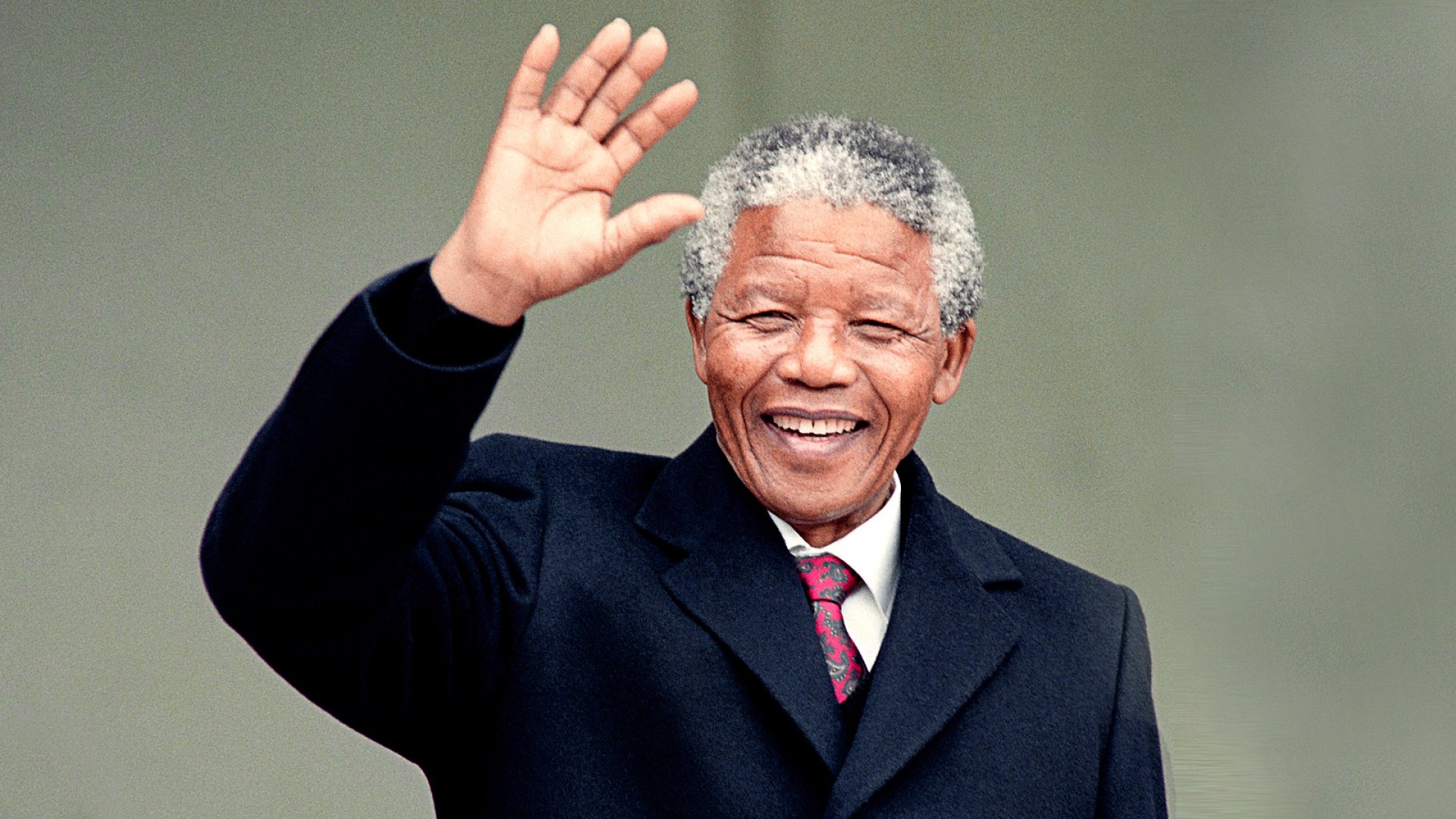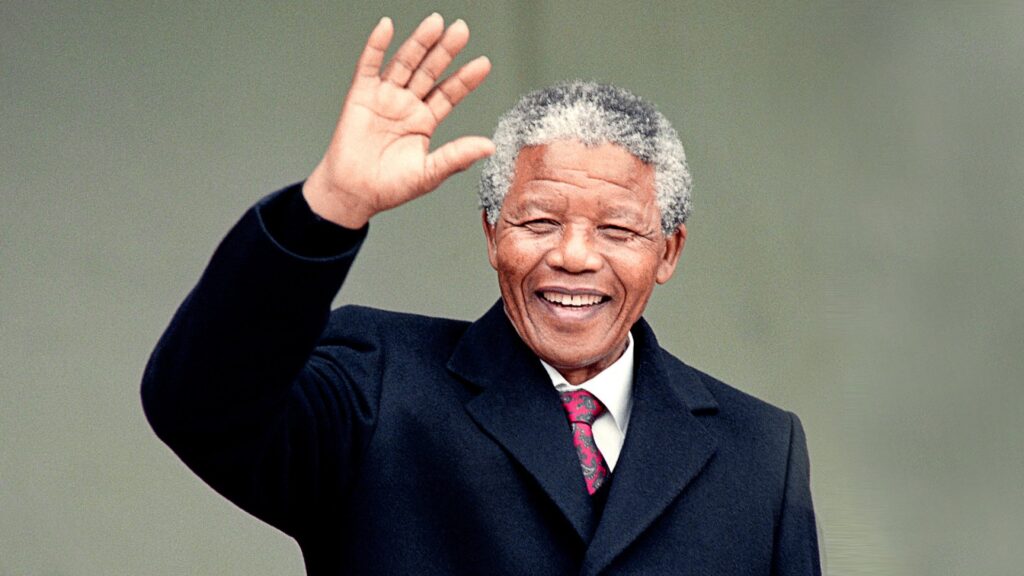Every entrepreneur, almost by definition, sets out to change something–an inefficient market, a previously unsolvable customer problem, an ossified internal culture. Compared to what Nelson Mandela changed in his country’s political arena all that seems rather minor. But what allowed him to succeed against utterly improbable odds were the same characteristics that you need to employ in effecting lasting change in your business arena. Leading through change takes earned authority, authenticity, commitment, mastery of communication and consistency of message.
As researchers of strategy and organizational change,we’ve found unbelievably rich examples of transformational leadership in Mandela’s life. Today, on the news of this great leader’s passing, I wanted to relate two favorite anecdotes that illustrate why he was so successful at giving people a reason to follow him–and to feel better about themselves for having done so.
He appreciated the power of symbols and the moral persuasiveness of genuine acts of magnanimity
One of Mandela’s greatest legacies is starting the national healing process from the moment he was released. An exceptional symbolic act in this regard was his visit to Betsie Verwoerd, the wife of the “architect of Apartheid” who was assassinated later in his life. Not only did Mandela visit his widow, but he was willing to do so at her home in Orania. This was an Afrikaner homeland and a striking anachronistic symbol of racial separation. Mrs. Verwoerd chose to live there as a widow after apartheid had been abolished. Mandela’s recurring emphasis on mutual forgiveness was truly remarkable. In 1993, after his recent released from 27 years in prison, he said: “I am working now with the same people who threw me into jail, persecuted my wife, hounded my children from one school to the other… and I am one of those who are saying: Let us forget the past, and think of the present.” Later, in a 2000 interview with the Christian Science Monitor, Mandela reiterated the same message: “For all people who have found themselves in the position of being in jail and trying to transform society, forgiveness is natural because you have no time to be retaliative.”
He set an example of reconciliation and vision for his countrymen and then let them know he expected them to live up to it.
By the time Mandela became President in 1994 he already knew many high profile business leaders and companies personally. It was not uncommon for him to summon some of them to support a project such as a health clinic for a rural area. One such leader received a call from Mandela’s office requesting that he accompany the President to the Eastern Cape. This leader was less than enthusiastic and pleaded that he had an appointment around mid-day clashing with Mandela’s request. But there was no denying Mandela, so the leader agreed to go–but first consulted with his financial director to set a reasonable limit on the size of the anticipated donation request. They settled on 500,000 Rand, or about $50,000 in those days.

